Melbourne was just stirring into public cultural life when the hotel quarantine mishap led to that last alarming lockdown that swallowed Valentine’s Day and an empire of food and flowers. Only a week or so before, I had bumped into Richard Piper, that veteran man of the theatre, as good a Henry IV in the greatest of Shakespeare’s history plays as you would ever be likely to see. It was at the opening of Melbourne Opera’s production of Das Rheingold, the first mainstage event in almost a year, and Richard told me he was playing Bottom – another of his grander Shakespearean roles – in A Midsummer Night’s Dream amid the moonlight of the Botanical Gardens with Alison Whyte as Titania, the fairy queen who becomes besotted with his donkey’s head. There’s still a deep longing for live entertainment.
The Melbourne Symphony Orchestra has sold out its performance of Beethoven’s Third and Brahms’ Second Symphony in a matter of hours and on 14 March, Helen Madden of Stork Theatre is returning drama to its most ancient roots with a reading of Homer’s Iliad, that epic of the sorrow and pity of war, in the Fairfield Amphitheatre which was designed out of bluestone by that theatrical architect extraordinaire Peter Corrigan to reproduce the acoustics of the amphitheatre of Epidaurus where any whisper about the wrath of Achilles will carry to the furthest spectator. The Homer whisperers this time will include Helen Morse, giving a snatch of the ancient bardic Greek, Sigrid Thornton and Jack Charles.
Meanwhile, there is television and not all of it accords with our sense of it as a medium at an all-time high. From Darkness came with the enormous advantage of Anne-Marie Duff who people will remember from the first (British) season of Shameless even if they didn’t get to see her play Saint Joan at Britain’s National. She’s Irish and has a voice that cuts the air and the kind of riveting face that makes the directors of From Darkness think they are making an Ingmar Bergman movie or one of the great Scandi exercises in noir. For a long stretch, they are palpably doing no such thing and this story about the cold case of murdered prostitutes and then its hot and ghastly resurgence seems like a thwarted allegory of the script’s inability to tell its own story.
Then something flares into life and a raw drama about the irreparable damage to women and the immense poignancy of the bond of motherhood turns into a show with a jagged watchability and we end up grateful whatever the flaws.
The Drowning is different again. We know from the outset it’s going to be one of those traditional glances at long-ago trauma but this story of how a woman who lost her son ten years earlier pivots on such a set of improbabilities that it makes you gape: Russian mafiosi, DNA tests which turn every which way, scenes in which characters become absolutely convinced by the sincere confessions of their antagonists. It all comes close to being a parody of the dead/missing child story but it’s pure bombastic bravura in breaking every rule in the probability book for even the most humble scriptwriting does achieve a weird verve and animation. It also includes a superb performance by Cody Molko as the enigma of a boy and a shrouded, rather fine performance by Rupert Penry-Jones of Spooks fame.
At the end of the day, The Drowning is a testament to the fact that a TV show confused in its hopes can compel your attention even when the storyline does not flatter your intelligence. There are all sorts of moments here where the all-rules-are-off aspect of the storyline succeeds in creating something that’s exciting and even moving.
Jill Halfpenny as the bereaved mother who suddenly sees the face of her long- lost son with the telltale scar beneath his eye will brook no opposition and part of the logic of this Alice in Wonderland world disguised, not quite convincingly, as TV realism is to give everybody else the shadow of some potentially murky past.
But the truth of popular culture is that it’s got your number and without it there would be no Shakespeare or Beethoven, no Jane Austen or Dickens, no Hitchcock or Orson Welles.
Got something to add? Join the discussion and comment below.
Get 10 issues for just $10
Subscribe to The Spectator Australia today for the next 10 magazine issues, plus full online access, for just $10.
You might disagree with half of it, but you’ll enjoy reading all of it. Try your first month for free, then just $2 a week for the remainder of your first year.

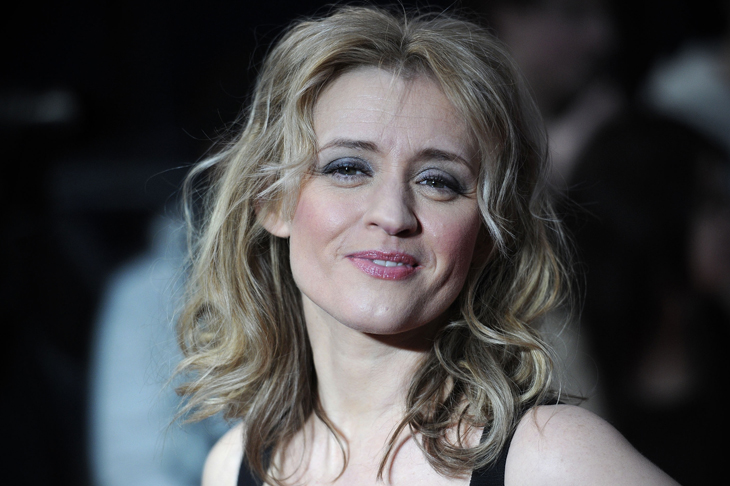
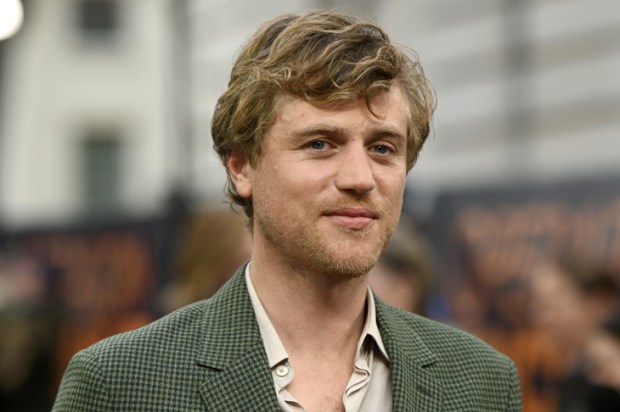
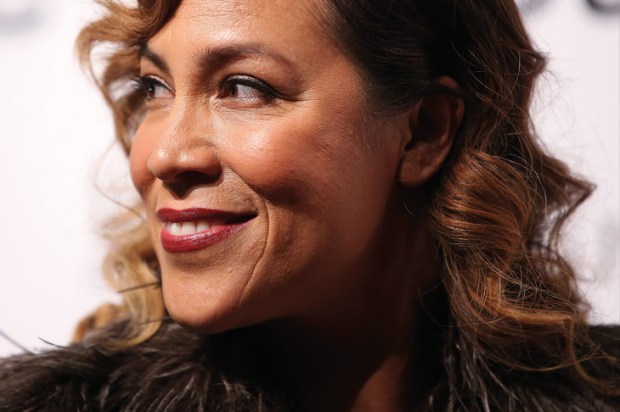
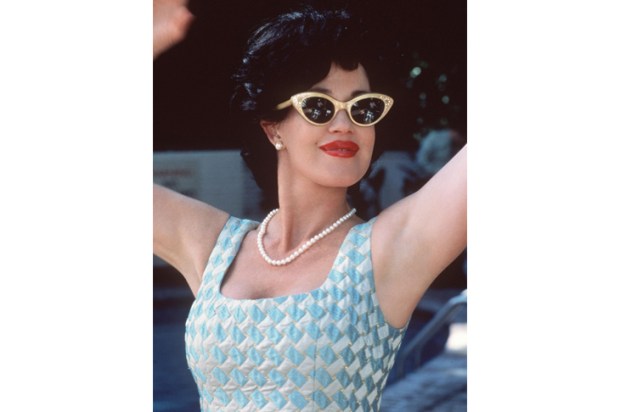
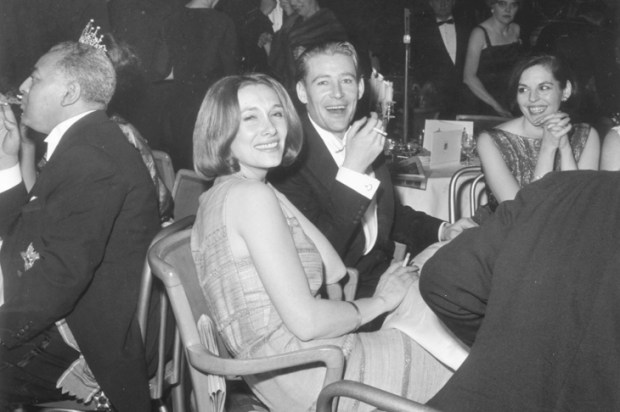
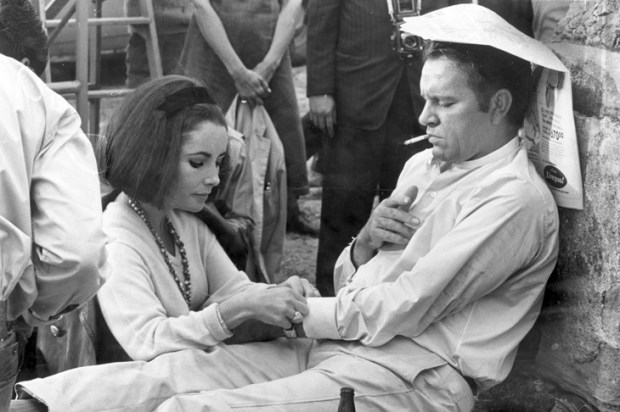







Comments
Don't miss out
Join the conversation with other Spectator Australia readers. Subscribe to leave a comment.
SUBSCRIBEAlready a subscriber? Log in